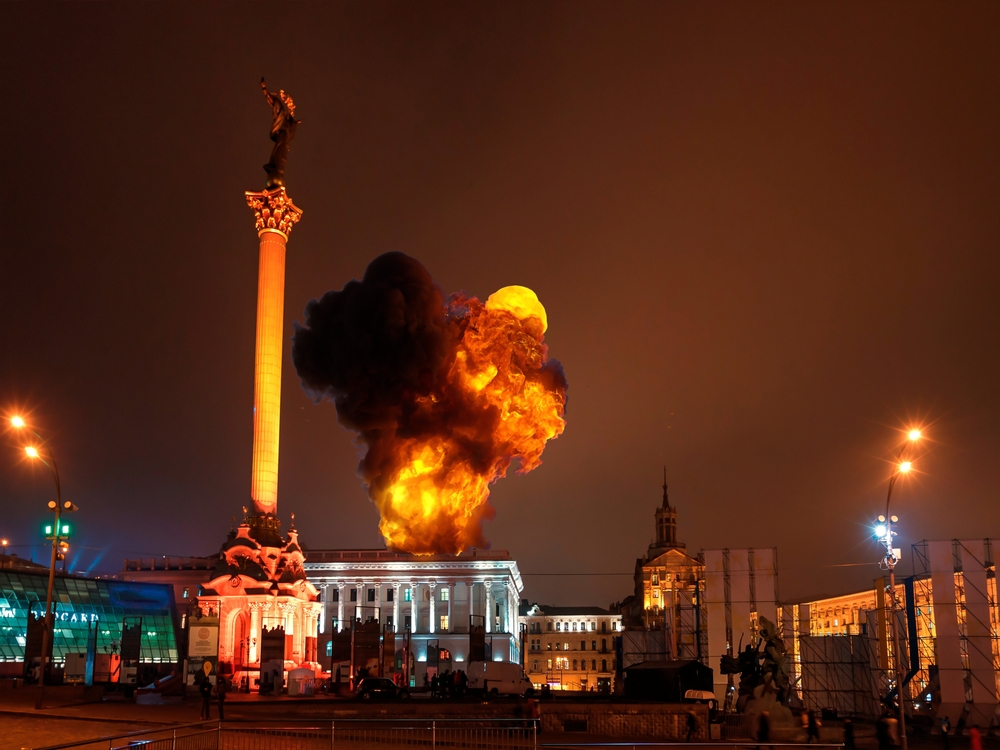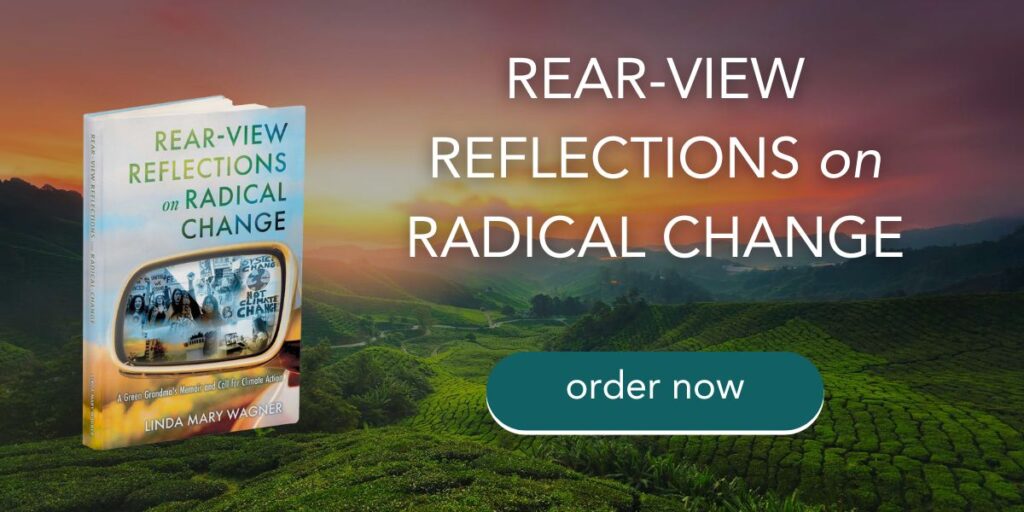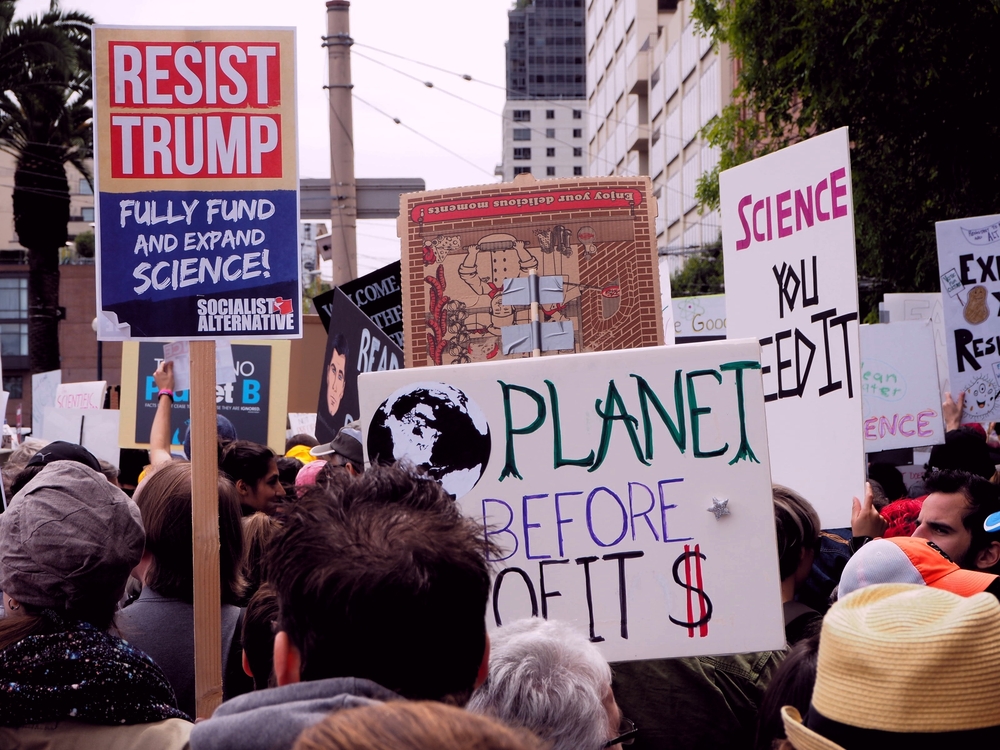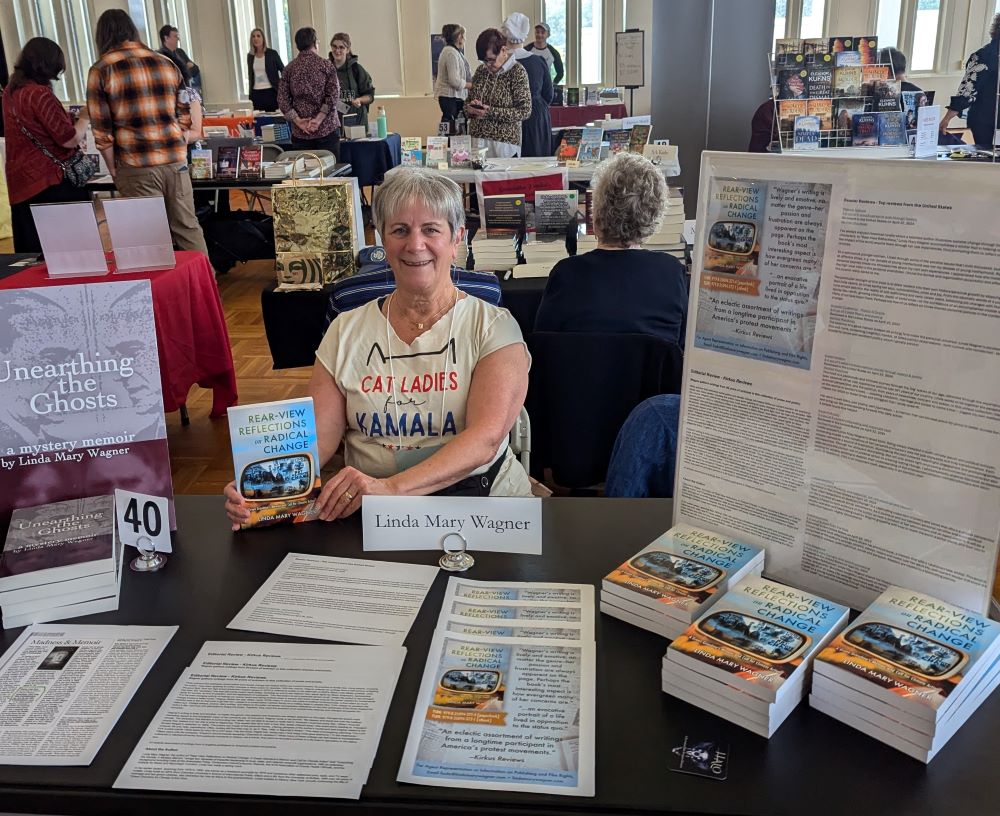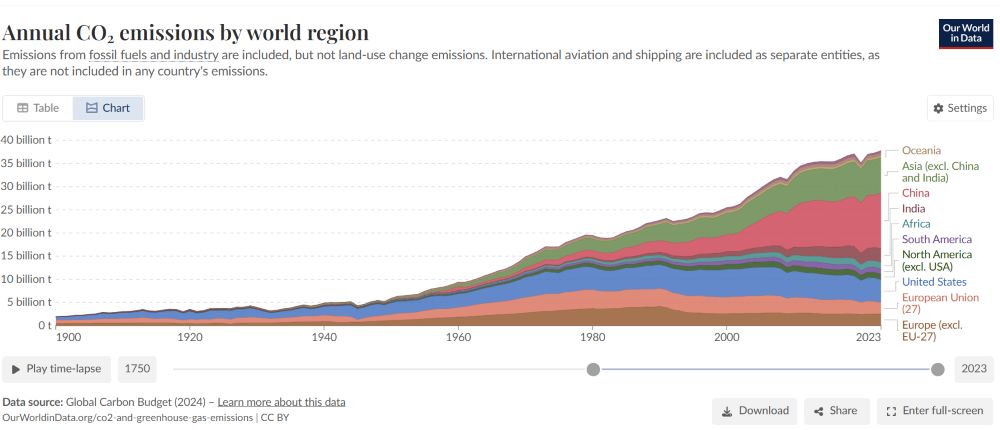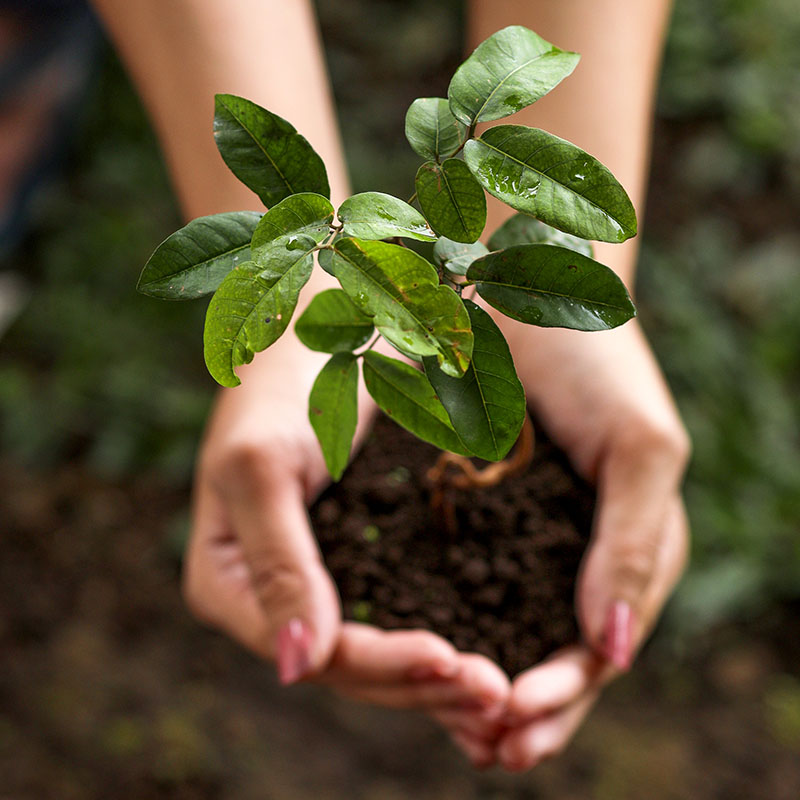I was horrified by the savagery of the Hamas attack on Israeli citizens and concerned by the somewhat understandable yet destructive Israeli response – bombing much of Gaza and its human inhabitants to the ground. I began to think about the climate impact of our violent human conflicts. What human beings do to each other, they do to their natural environment as well. As the song by Neil Young says, “No one wins. It’s a war of man.”
The impacts of war on efforts to halt climate change have been made clear by Russia’s extended war against Ukraine. As laid out in a March 2023 study by the UK nonprofit, Chatham House:
The war has caused widespread deforestation across Ukraine while also damaging the country’s renewable energy systems: 90 per cent of the country’s wind power and 50 per cent of its solar energy capacity taken off-line since the war began. Indeed, military operations and a lack of firefighters led to 25 times more forest fires in 2022 than the previous year which has both released vast amounts of CO2 and stopped, or radically slowed, future carbon sequestration.
In addition, Russia has weaponized energy supplies, causing a ripple effect throughout the world. As Chatham House points out, “In many countries, the goal of decarbonization, frequently mentioned before the war, has been replaced by energy affordability.”
“No one wins, it’s a war of man.”
Neil Young, “War of Man”
In 2018, researchers from the UK launched the Conflict and Environment Observatory (CEOBS) to increase “awareness and understanding of the environmental and derived humanitarian consequences of conflicts and military activities.” It grew from a focus on the “Toxic Remnants of War,” and has grown to cover a range of issues, as described on its website:
We know that militaries are significant emitters of greenhouse gas emissions, whether in peacetime or during operations. We also know that improving transparency over their emissions reporting is a key first step towards making the urgent cuts that are needed. Working with researchers from Lancaster and Durham universities ‘Concrete Impacts’ project, we have created militaryemissions.org – a website dedicated to making the data that states report to the UNFCCC more transparent and accessible.
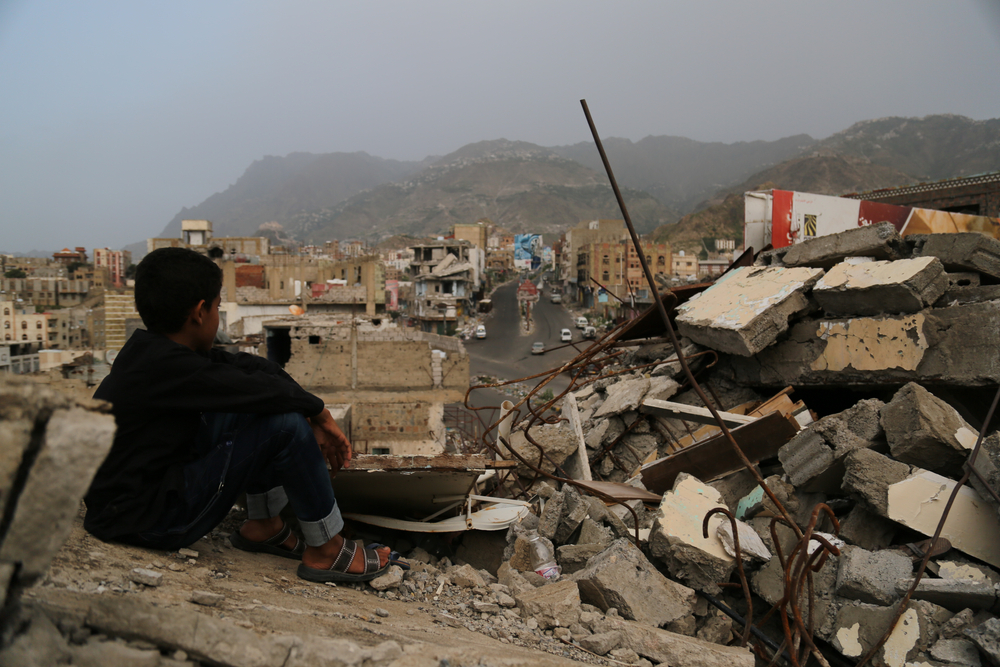
because of the war there.
Some studies have calculated the impact on animal life and ecosystems of various international conflicts. Global Citizen cites several instances of this harm, which also contributes to climate change.
The number of large animals present in an area can decline by up to 90% during human conflict, and even a single year of warfare causes long-term wildlife loss, according to a study published in Nature. Another study found that the Gorongosa National Park in Mozambique lost 95% of its biodiversity after a long civil war. During the Vietnam War, more than 5 million acres of forest and 500,000 acres of farmland were destroyed. Lush marshlands in Iraq were reduced to 10% of their historic size after former President Saddam Hussein ordered major rivers stopped to squash an uprising. Afghanistan has lost nearly 95% of its forest cover in recent decades.
The poorest and most marginalized communities throughout the world are hardest hit by climate change. This is especially true in regions in the midst of wars and violent conflicts. People and animals must move for survival when facing either climate disaster or violent conflict. Both weaken the infrastructure that underlies a previously thriving community. And, of course, war destroys or weakens natural ecosystems.
In 2020, the International Committee of the Red Cross released a report titled, When Rain turns to Dust, showing the limited adaptive capacity of people, systems, and institutions to address climate change when they are already coping with conflicts.
“We need to join forces across the humanitarian sector and beyond to mitigate climate change and ensure that people are adequately supported as they adapt to the climate crisis now and into the future. Inaction is not an option.” – Robert Mardini, ICRC Director-General
The bottom line is that human beings must stop behaviors that contribute to climate change, whether that means burning fossil fuels for energy or blowing each other up during war. Survival of the human species and all life on earth is at stake.

